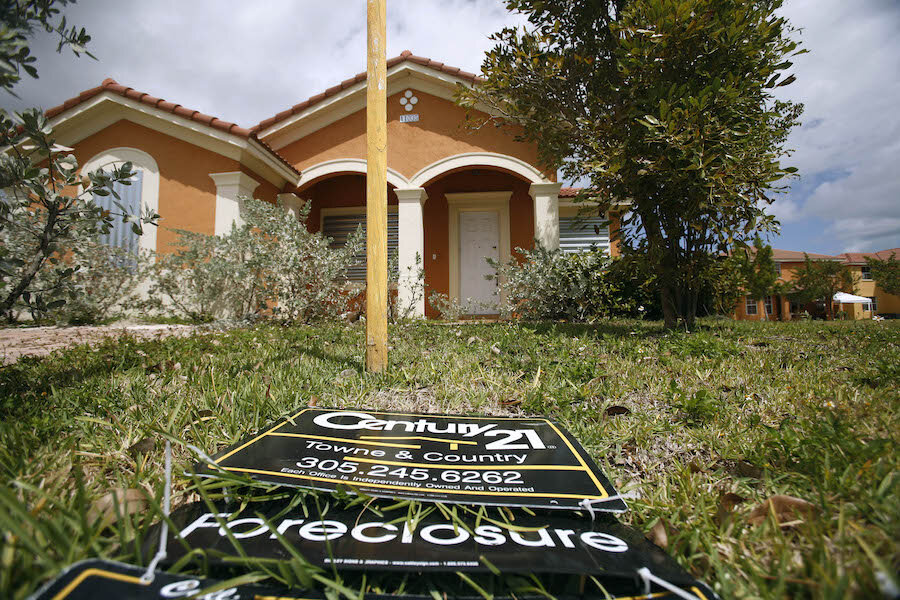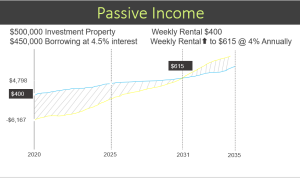What to Know About Buying Foreclosed Homes is an essential guide for prospective buyers looking to navigate the often complex world of foreclosures. With the potential for significant savings, purchasing a foreclosed home can be an appealing option, but it comes with its own set of challenges and considerations. Understanding the process, from the bidding to the final purchase, equips buyers with the knowledge needed to make informed decisions and avoid common pitfalls.
In this discussion, we will delve into what foreclosed homes are, the buying process, common challenges buyers face, and the importance of thorough research. This overview aims to provide clarity on how to approach buying a foreclosed property with confidence.
In today’s fast-paced world, it is crucial for individuals and businesses alike to understand the importance of effective communication. Whether we are discussing personal relationships, professional interactions, or even marketing strategies, the ability to convey ideas clearly and persuasively can make all the difference. This article will explore various aspects of communication, including its definition, types, importance, and tips for improving your communication skills.Firstly, let’s define communication.
Communication is the process of sharing information, thoughts, ideas, and feelings between individuals or groups. It can occur through various channels, including verbal, non-verbal, written, and visual means. Understanding these different types of communication can help us become more effective communicators.Verbal communication is perhaps the most straightforward form of communication. It involves the use of spoken words to convey messages.
This can happen in one-on-one conversations, group discussions, meetings, or presentations. The tone of voice, clarity of speech, and choice of words all play significant roles in how the message is received. Non-verbal communication encompasses body language, facial expressions, gestures, and eye contact. These cues can often convey more meaning than the words themselves. For example, a smile can indicate friendliness, while crossed arms might suggest defensiveness.
Being aware of non-verbal signals is essential for effective communication since they can significantly impact how our messages are interpreted.Written communication includes emails, reports, texts, and social media posts. In today’s digital age, written communication has become more prevalent than ever. The ability to write clearly and concisely is a valuable skill, as it allows individuals to convey their thoughts without the potential confusion that can arise from verbal exchanges.
Visual communication involves the use of images, graphs, charts, and other visual aids to convey information. Visual elements can enhance understanding and retention of information, making them a powerful tool in both personal and professional settings. For instance, a well-designed presentation with visuals can engage an audience much more effectively than a text-heavy one.The importance of effective communication cannot be overstated.
In personal relationships, clear communication fosters understanding and strengthens bonds. It allows individuals to express their thoughts and emotions openly, leading to deeper connections. Miscommunication, on the other hand, can lead to misunderstandings, conflicts, and even the deterioration of relationships.In a professional context, effective communication is vital for teamwork and collaboration. When team members can communicate their ideas clearly, it facilitates problem-solving and innovation.
Moreover, effective communication can enhance productivity by ensuring that everyone is on the same page regarding their roles and responsibilities. In leadership positions, the ability to communicate vision and direction is crucial for motivating and inspiring teams.In marketing and business, communication is key to building relationships with customers and clients. A brand that communicates effectively can foster trust and loyalty among its audience.
This includes not only the messages conveyed in advertisements but also the way a brand interacts with customers through social media, customer service, and public relations.To enhance your communication skills, consider the following tips:
1. Practice Active Listening
Effective communication is a two-way street. Actively listening to others ensures they feel heard and valued. This involves not only paying attention to the words being spoken but also observing non-verbal cues and providing feedback.
2. Be Clear and Concise
Whether speaking or writing, clarity is essential. Avoid jargon and overly complex language to ensure your message is easily understood. Aim for brevity without sacrificing meaning.
3. Know Your Audience
Tailor your communication style to your audience. Understanding their needs, preferences, and background can help you connect more effectively.
4. Be Open to Feedback
Encourage others to share their thoughts on your communication style. Constructive feedback can highlight areas for improvement and help you become a more effective communicator.
5. Practice Empathy
Understanding the emotions and perspectives of others can enhance your ability to communicate effectively. Empathy fosters connection and can lead to more meaningful exchanges.
6. Utilize Technology
In our digital world, leveraging technology can enhance communication. Tools like video conferencing, instant messaging, and collaborative platforms can improve connectivity and streamline communication processes.
7. Engage in Public Speaking
Join clubs like Toastmasters or participate in workshops to refine your public speaking skills. Being comfortable speaking in front of an audience can boost your confidence and communication abilities.
8. Stay Positive
A positive attitude can greatly influence the way messages are received. Approach conversations with a friendly demeanor, and be constructive in your feedback.
9. Read and Write Regularly
Engaging with various texts can improve your vocabulary and understanding of effective writing styles. Regular writing practice can also enhance your ability to express thoughts clearly.1
0. Reflect on Communication Experiences
After conversations or presentations, take the time to reflect on what went well and what could be improved. This self-assessment can help you identify strengths and areas for growth.In summary, effective communication is a multifaceted skill that plays a pivotal role in personal, professional, and social interactions. By understanding the various types of communication and implementing strategies to enhance your skills, you can become a more effective communicator.

Remember that communication is not just about exchanging information; it’s about building connections, fostering understanding, and creating meaningful relationships.
FAQs: What To Know About Buying Foreclosed Homes
What is a foreclosed home?
A foreclosed home is a property that has been repossessed by a lender due to the previous owner’s failure to make mortgage payments.
How do I find foreclosed homes?
You can find foreclosed homes through real estate listings, bank websites, or by working with a real estate agent who specializes in foreclosures.
What should I consider before buying a foreclosed home?
Consider the property’s condition, its location, the potential costs for repairs, and the overall market value in the area.
Are foreclosed homes sold as-is?
Yes, most foreclosed homes are sold as-is, meaning the buyer is responsible for any repairs or issues that may arise after purchase.
Can I finance a foreclosed home?
Yes, many foreclosed homes can be financed through traditional mortgages, though some may require cash purchases due to their condition.






